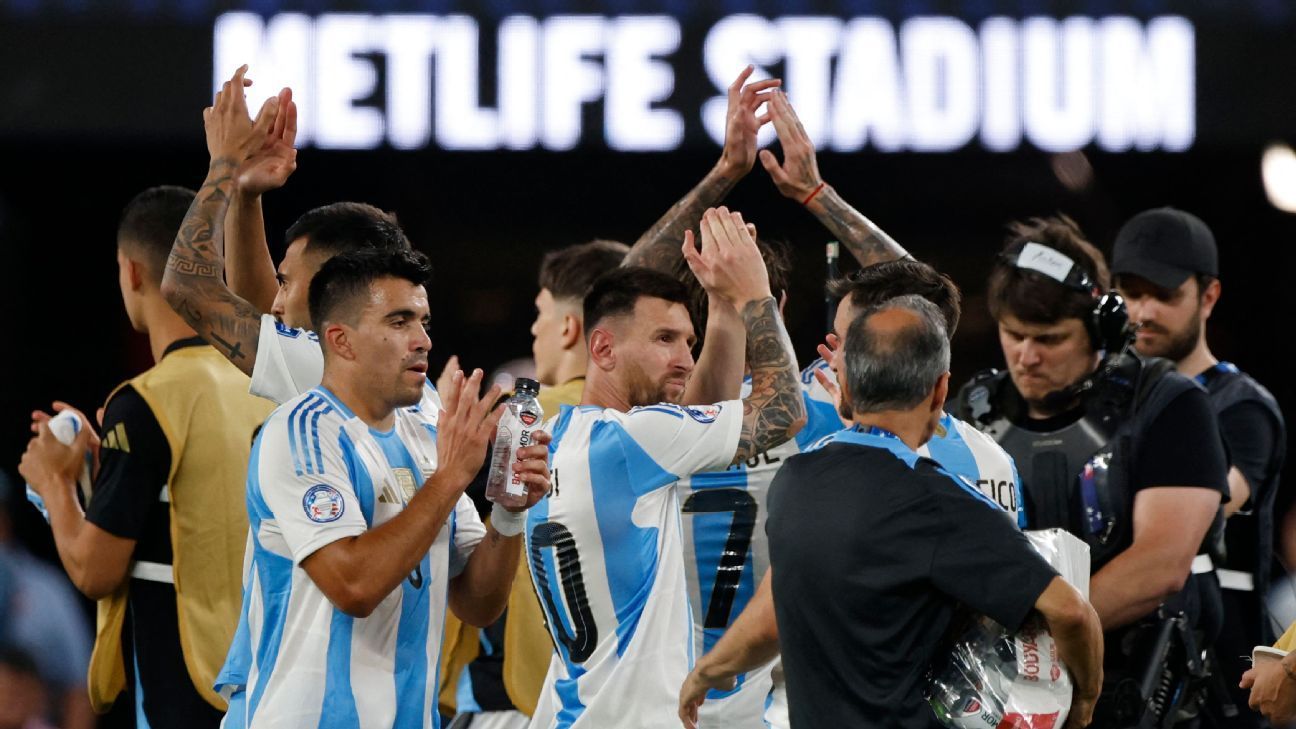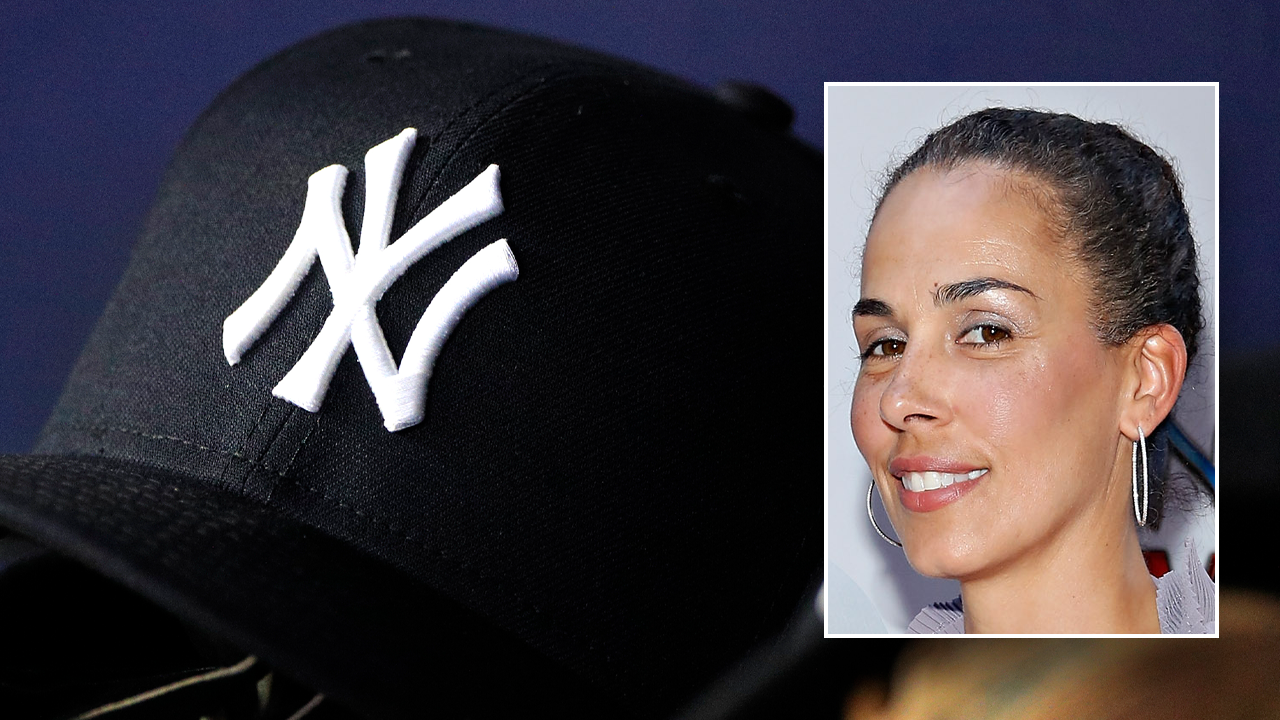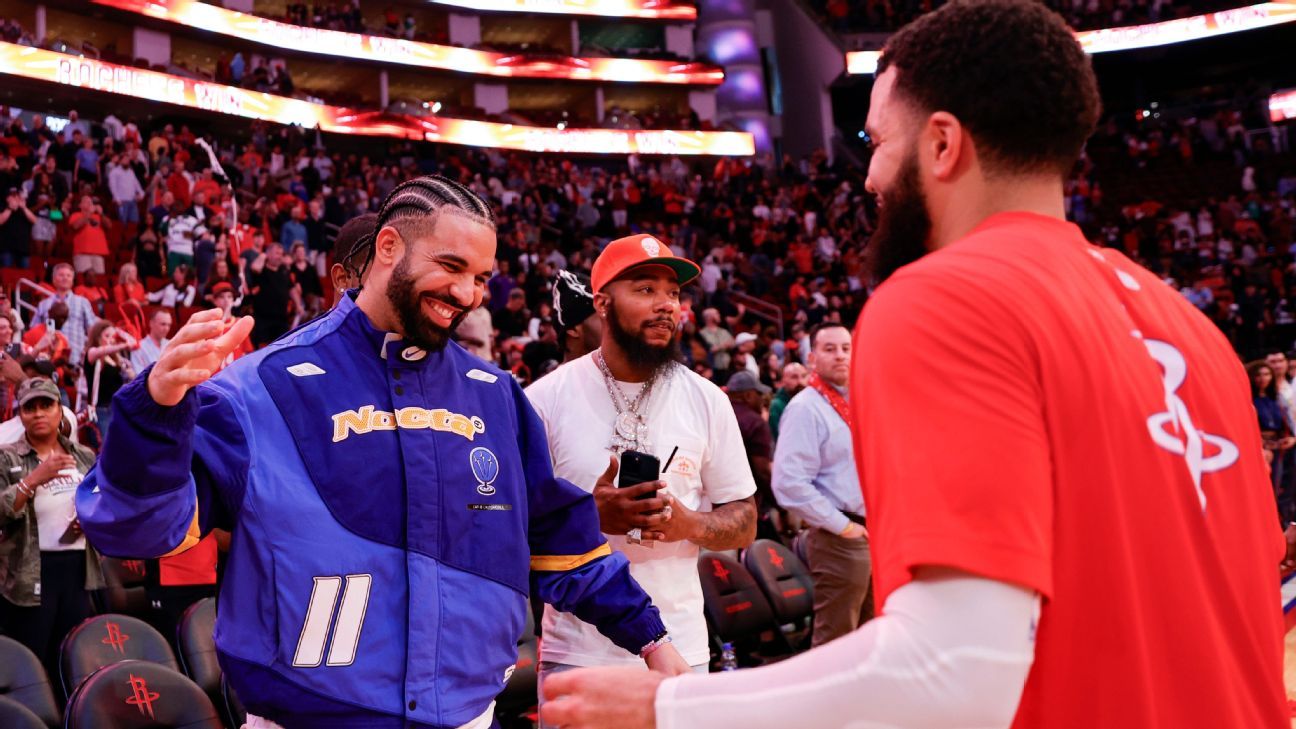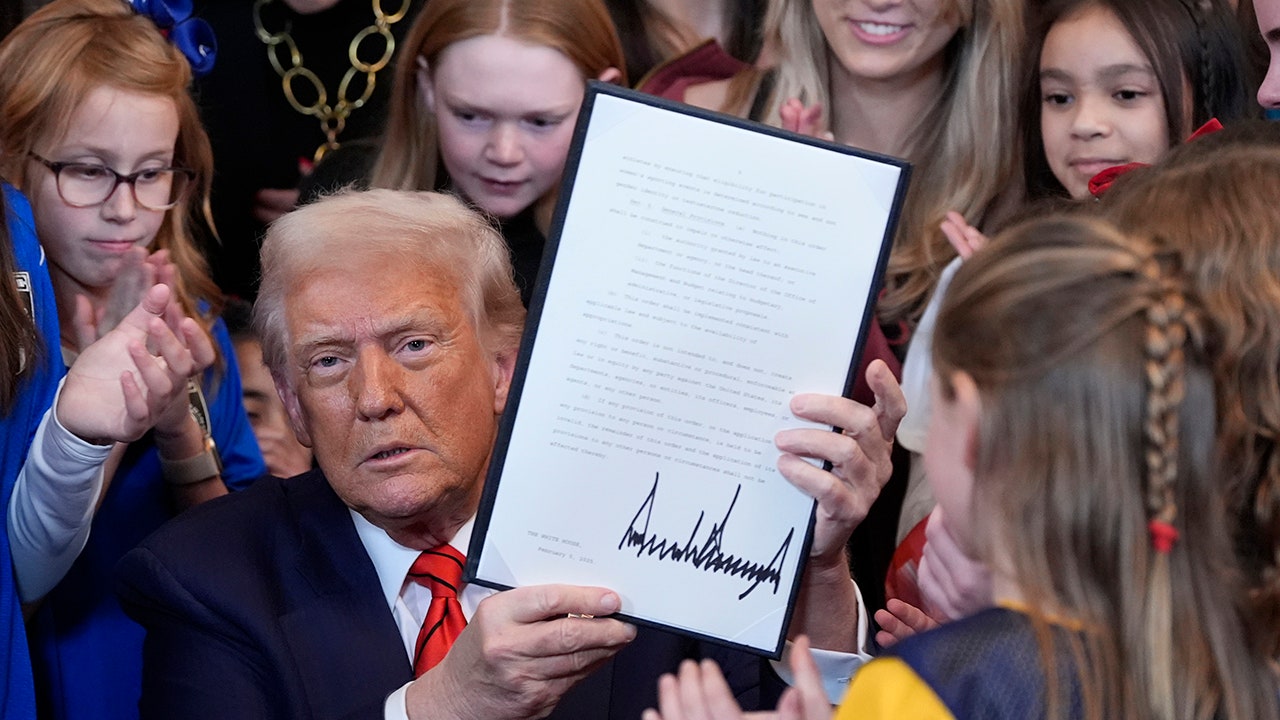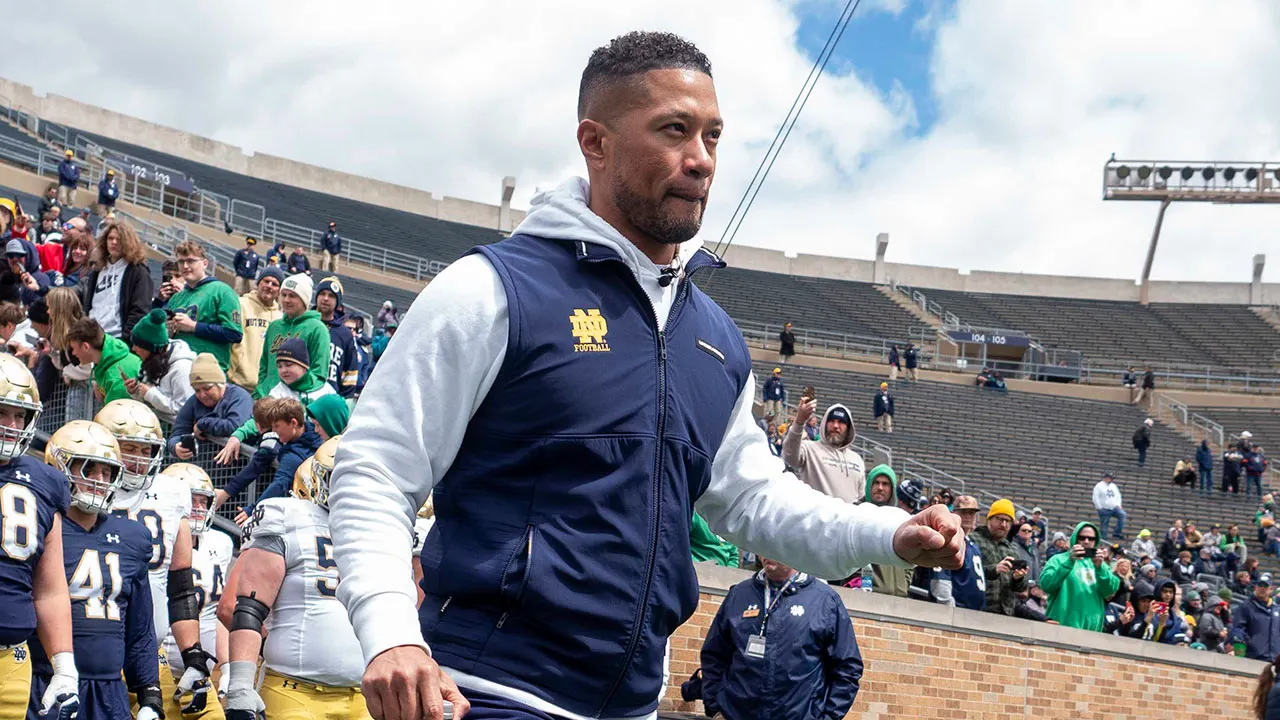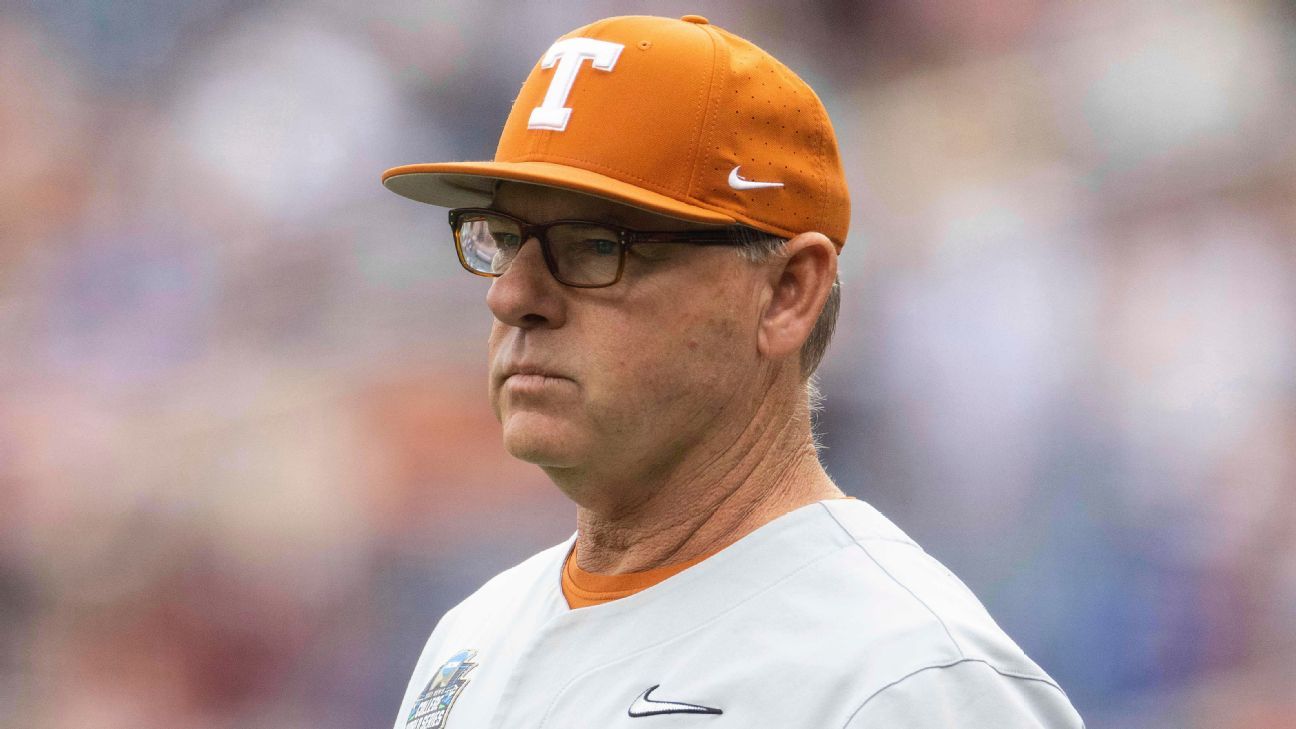EAST RUTHERFORD, New Jersey — Argentina triumphed 1-0 over Chile at MetLife Stadium in the Copa América on Tuesday, with Lautaro Martínez's lone goal in the 88th minute sending the crowd into a frenzy and helping Albiceleste to banish the ghosts of the 2015 and 2016 finals.
The Argentine fans erupted in deafening screams, some jumping in unison with those from neighboring towns and others taking off their shirts to wave them in the air, while the players hugged each other on the field as Lionel Scaloni's team finally beat the rivals that They had delivered two. Bitter defeats in the Copa América. Yes, this time it was only in the group stage, but it mattered.
Argentina outshot Chile 22-3, mirroring the statistics from the 2016 final when they recorded an 18-4 ratio before suffering defeat on penalties. In this highly charged and physical match, tension increased at each end, leading to penalties and red cards. But in the end, a goal made the difference.
However, eight years ago, a different story unfolded at MetLife Stadium. And it almost cost Argentina the talent of Lionel Messi.
On June 26, 2016, Argentina lined up to face Chile in the final of the Copa América Centenario with the weight of the country's hopes on their shoulders. But none more than Messi. Millions of fans demanded that he avenge the result of the 2015 final, where Chile triumphed on penalties, and end Argentina's 22-year wait for titles.
But there were concerns about his ability to lead the team as captain. Argentine fans constantly doubted his leadership abilities, questioned his emotional connection to the country after moving to Spain when he was a child, and criticized his personality with labels like “cold chest“…one who plays with a “cold chest” and without passion.
Although Messi was often the team's best player on the field and its leading scorer, he had yet to solidify those efforts with a major trophy. He promoted the Albiceleste to new heights, but some fans continued to think of him as a failure with the national team for losing the 2014 World Cup final to Germany and the 2015 Copa América final to Chile.
The tendency to compare Messi to Diego Maradona fueled the country's disapproval, noting that The Golden boy (“The Golden Boy”) only lived up to expectations after winning the 1986 World Cup and the Ballon d'Or as best player of the tournament.
But by reaching the 2016 final, Argentina hoped that Messi would finally end the country's long wait. Some 82,026 spectators at MetLife Stadium, the largest audience in the history of New Jersey, witnessed a very close match that saw both teams red carded in the first half, with the Chilean Marcelo Díaz leaving the field in the 28th minute and the Argentine Marcos Rojo leaving moments later.
In the end, excellent defensive efforts from both teams saw the match end in a 0-0 draw for 120 minutes to force penalties for the second year in a row between the two teams. Messi stepped forward to take Argentina's first penalty, but sent the ball into the stands as a collective scream was heard around the world. Although teammate Lucas Biglia also failed to convert his penalty, giving Chile a 4-2 shootout win, the blame fell on Messi afterwards.
The camera took pictures of gaping Argentine fans around the stadium before showing a distraught Messi on the pitch. Moments after the game, in the middle of a downward spiral, an excited Messi once again surprised the world with an unprecedented announcement: “I'm done playing for the national team.”
One of the world's best players, who had won multiple Ballon d'Ors, Champions League and La Liga titles, left Argentina without any major honours. “I tried with all my might,” Messi added. “I tried everything possible. It hurts me more than anyone, but it's clear that this is not for me. I want to win a title with the national team more than anyone, but unfortunately it didn't happen.”
Fortunately for Argentina and football fans around the world, that decision only lasted until mid-August. And after that, Messi led his team to the 2021 Copa América, the 2022 World Cup and the 2022 Finalísima.
Now, some 2,919 days after his “retirement” from the fields, Messi returned to MetLife Stadium as captain, just one day after celebrating his 37th birthday. Eight years later, he returned to lead Argentina, wearing the captain's armband on that famous left arm, but the fans no longer question his leadership ability, his devotion, or personality within this triumphant team.
Instead, fans expressed their gratitude for the moments of immense joy he has brought them through World Cup flags, banners and photographs. The criticism and concerns of 2016 turned into cheers and chants of “Messi! Messi! Messi!” in 2024.
Messi's name drew the loudest cheers as the lineup echoed throughout MetLife, with No. 10 jerseys sweeping the stands. When he attempted a shot at goal or started setting up a goal-scoring opportunity, fans immediately made the “bow” gesture with their hands while chanting his name.
The 37-year-old came close to scoring three times, hit the post once and needed treatment for a thigh problem in the first half. But when his late corner caused havoc, Martínez converted the winning goal to propel Argentina to a second victory in the group stage of the 2024 Copa América, securing a place in the knockout rounds. (He Albiceleste leads Group A, three points ahead of second-placed Canada, and with one final group stage match still to play).
“The only thing that remains after eight years is the stadium,” Scaloni later declared.
In fact, the tears, disappointment and dark statements of 2016 now seem like a distant memory that Messi can leave in the past.

